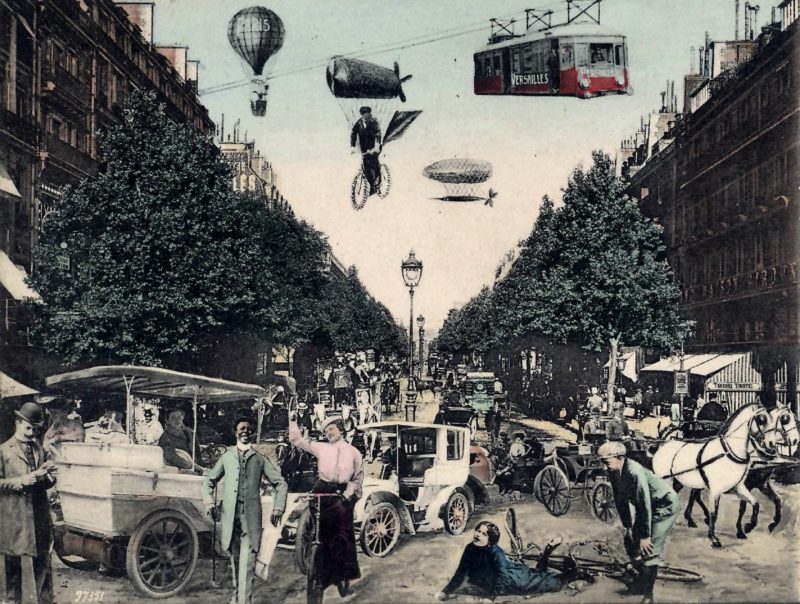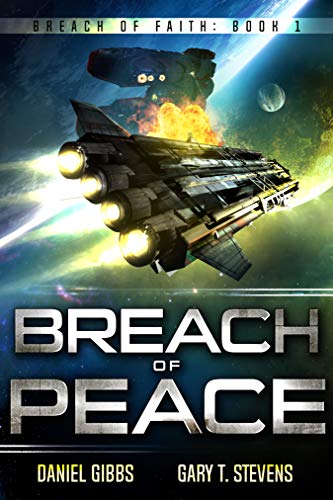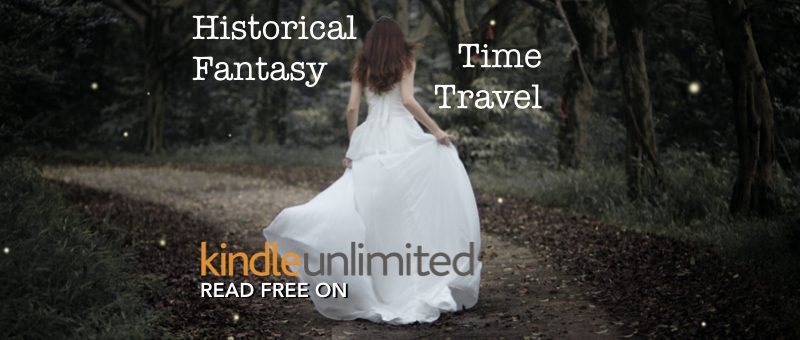
Rock? Or classical? Sometimes, good content is difficult to classify. But once you find someone good, it almost always works out (well, except for the last chord–what happened there?).
I’ve mentioned before–when I find an author I like, I read everything they’ve ever written. This works for music, too. It’s a safe strategy, for the most part. But it does send me searching on a regular basis for someone new to love. Writers simply can’t write as fast as I can read. It’s one of the reasons that as a writer I don’t feel like I’m in competition with others in my genre–writing is a slow, slow process.
So for the last year, I’ve gone on an adventure of searching for new authors to love. I’ve read multiple collections of short stories, old and new. And I also read a few biographies, notably Isaac Asimov’s last book, where he describes not only his life but also the history of the science fiction as it became its own literary category. [A bit of an aside: I met Isaac Asimov in New York many years ago at a science fiction convention. I thought he was a total *ss in person. His autobiography confirms it. But I still like his stories. So if not liking the author as a person is a dealbreaker for you (it is for me…mostly), then don’t read his autobiographies (yes, he wrote more than one).] Incorporating scientific ideas and logical reasoning into storylines had happened before Asimov started to write, of course. Jules Vern and H. G. Wells and Edgar Rice Burroughs and Mary Shelly have been pushing the boundaries for many decades before the Great Isaac came on the scene. But the golden age of science fiction didn’t really take off until after World War II. Asimov and his cohort of fiction writers rode the wave. They all knew each other, edited and introduced each other’s work, and published in all the same magazines. It was rather an incestuous affair, but it lifted the fledgling genre from the throwaway sections of candy stores to a recognized and respected literature. It made possible every story that came since, every favorite author I’ve ever read. When life was bleak, science fiction saw me through it. And in the age when the impossible becomes possible every day, people who are able to think of these im-possibilities are not only fun for a few hours of amusement but are indispensable to understanding our reality. That’s why we are so taken with Star Trek and Star Wars and Westworld and Firefly and Red Dwarf and Man in the High Castle and Futurama and Stargate and Babylon 5 and so many more (here’s a nice list from the Rolling Stone Magazine). Each shows us something of a preview for a possible future. [My husband said we now live in the golden age of TV…] But the TV shows are but a tiny keyhole into the fantastical stories that are available in books…
Since I’ve expanded my reading list to include a lot of unknown (to me) material, I’ve learned a bit about what I hate in storytelling–a valuable thing to know for any author. I hate tech talk that has no foundation in real scientific ideas. When I invest my time in a story, I want to learn something. I don’t want my eye to just slide through gobbledygook for the sake of cool-sounding words. Putting quantum or i- in front of ordinary words is not a substitute for real research. If the author has something interesting to say, I want to hear it in plain language, using scientific or technical language that is well-researched and well-motivated. Fancy invented words are not really a plus. Words that hide a lack of real information are even worse. When Star Trek the Next Generation first aired, I couldn’t watch it because the first episode talked about a “chunk of a star” that was about to hit the Enterprise! Lost me…for years. [Please note that “tech talk” is NOT the same as cool words that are not commonly used. I’m very fond of those and of linguistic trends like borrowing the vocabulary from one language by another to express something new.]
I hate endless peril loops–I wrote about that before. Yes, a story is a compressed…distilled form of everything that could go wrong with a hero. But at some point, things become comical and not fun to read anymore. I see this more often with books that become serialized–when there are 20 books per one set of characters, it is easy to get lost in endless peril loops and readers get a severe peril loop fatigue. The thing is that serials sell…or at least they feel like a safer bet for publishers. If the first book sells well, why bet on a completely other set of characters? Just pump them out… And for writers its a bit easier too. First of all, they might make more money–write the first book, leave a hook for a second, etc. The setting and character development are done at the get-go for the second book. Cheaper to advertise too. This hasn’t been my strategy…
Strange and weird sells…not for me. I read a few books last year that I would call “avant-garde” storytelling. Sentences that ran for several pages, punctuation was optional, storylines virtually non-existant. I did manage to finish most of these–I have a strong work ethic and feel bad abandoning a book in mid-read. But time is short. Science or science fiction, I want interesting ideas. I don’t want my reading time to be a chore. I only have so many hours left to read…
And finally, writing on topics that are in vogue rather than those that one is passionate about. It is easy to tell a knock off–you can tell exactly how the story will turn out because you’ve read it many times before. I want to read books in which the writer’s passion and joy for a topic shine through. Perhaps those books might end up a bit dense in places (mine do), but what a ride!
And with that in mind, here are a few books for your reading pleasure.
Kindle Unlimited
Amazon developed a program where for a membership fee, one can read as many books as one likes (or has time for) for free! For some readers, this has been a godsend. I chose NOT to be a member. I just pay for my books (I usually wait until they go on sale for the authors I don’t know well, but I pay for my books nonetheless). I feel like Amazon manipulates the readers and the writers…well, I KNOW it does. When a book is part of this program, the author is NOT allowed to sell their ebooks anywhere else! But a good book for free is still a great deal! Most of my books are available via this program (as a small indie author, what choice is there?). But if my stories get read, how can I really complain? Well, I can grumble a little…grrrr…
So here’s a link to my Amazon Page. Most of my books are hard sci-fi, although Amazon controls that, too. I recently noticed that my time travel adventure/fantasy, Twin Time, was listed in the Space Marine Science Fiction eBooks… So yeah…
And here’s a book from a fellow indie writer:
 It is the first of three (so far) and it is available for free for Kindle Unlimited members.
It is the first of three (so far) and it is available for free for Kindle Unlimited members.
Everything is on the table when survival’s at stake.
Captain James Henry is caught between a rock and a hard place–again. Merchant ships operating in neutral space near the Terran Coalition and the League of Sol are disappearing without a trace. The latest report has something the others didn’t.
A survivor.
When news reaches the planet Lusitania during a cargo offload, Captain Henry and the Shadow Wolf’s crew are hired to extract the surviving operative before she’s silenced and the information she has is lost.
But too many opposing forces are at work within the faction-torn republic–and they all want a piece of the prize.
With directives from multiple government contacts, Captain Henry concedes to protect his ragtag crew. Years ago, he surrendered to dishonor and dismissal from the Coalition Defense Force in order to protect his fellow officers. This time he knows how to play the game.
To save his band of brothers and sisters, Jim must walk a fine line between the operative’s survival and the threats against his crew from the League of Sol.
Before the time to negotiate runs out.
So far, it has a few favorable reviews–please make sure to add a few more, if you enjoy the book!
Time Travel Books
Covers tell a lot about books–they are mini ads for the stories hidden within. Many time travel books are really historical romances that allow for a heroine or a hero to be transported into another time and place–a recurrent fantasy for many (at least for those who don’t know enough about bathroom accommodations and toilet paper choices before nineteenth-century…enough said). Of course, that’s not what my stories tend to be about…but then historical romances sell better than stories about autistic children trapped in a time loop (a MacGuffin used as an exploration of the psychological and cognitive landscape of families coping with Autism in “Twin Time”).
Enjoy all of these books while they are available on Kindle Unlimited: Time Travel & Historical Fantasy
Godly Books
Judging by these covers, there are books in this collection that will satisfy a lot of different tastes in stories. My contribution is, of course, a bit on the creepy horror side…but to each their own. Enjoy all of these books while they are available on Kindle Unlimited: Gods & Goddesses Book Fair
Please read, enjoy, and leave a review.



